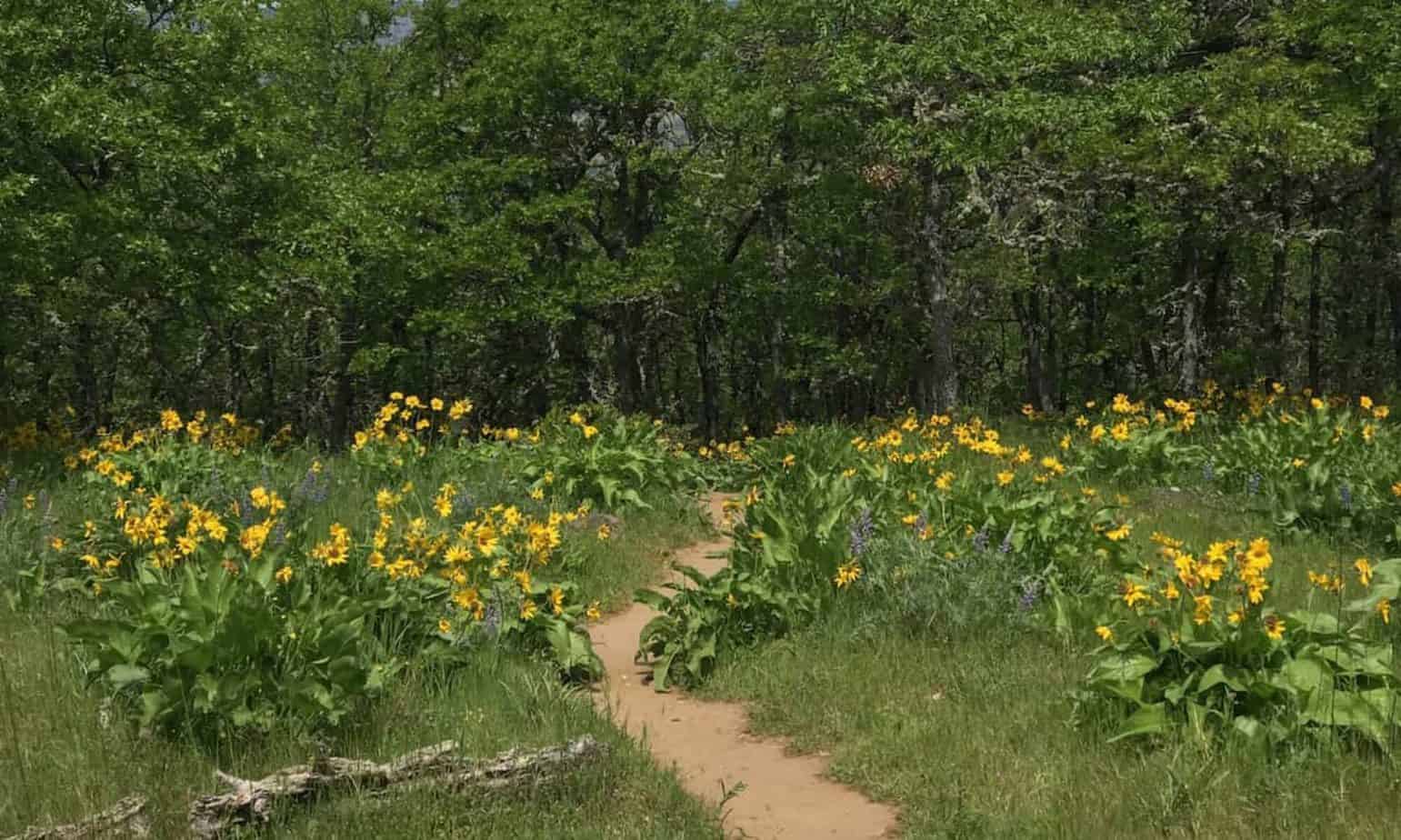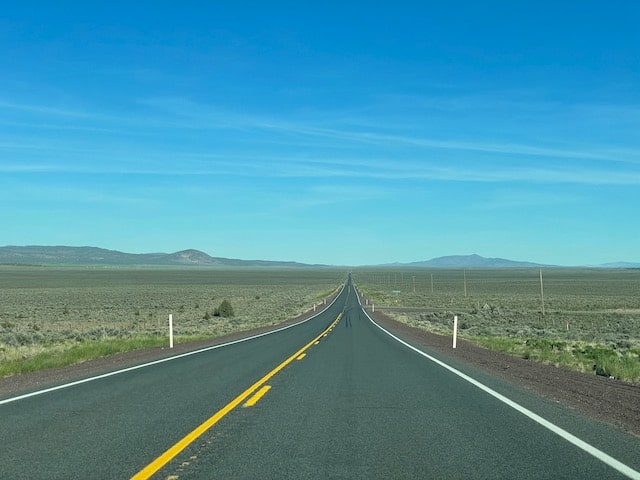The first time I ever went to a 12-step meeting, I brought one problem with me, and I found one immediate piece of solution. The pattern continues to this day.
When, after years of self-inflicted misery, I was finally able to walk into a 12-step meeting, I thought I had one problem and I needed one solution. I knew that I kept getting loaded even though it made me miserable, so I figured I just needed to get sober and I’d be on my way.
What had kept me from the meetings for so long was layer upon layer of shame, guilt, fear, confusion, despair, resentment … a whole toxic mess in my head which was made worse by the regular doses of drugs and alcohol I was adding to it.
In 12-step world, though, I learned a simple fact that explained all of this: I’m an addict. Just knowing that word helped so much, like “Oh, is that what it’s called?” Even more helpful was a room full of people saying to me, “We’re addicts, too. So we understand. And we’re sober. We can help.”
The word “addict” was critical at that moment. My problem, my whole constellation of problems, in fact had a name. It was known. Many people have the same thing, and many of them have worked together to find a solution, one which is available to anybody willing to give it a shot.
Based on that simple hook — I can’t do it alone, but we can do it together — I planted myself in the meetings, got as honest as I could, and embarked on a journey that has resulted in 23 years of continuous sobriety.
But, as I was told early on, the program can help you get and stay sober, but it can also — if you want it to — profoundly change your life for the better. It can, in other words, help you deal with the “stuff” that you were drinking over in the first place.
At last night’s meeting, the topic was a line in the text that says “Our entire outlook on life will change.” And, still trying to be honest, I said that at times like my current moment, I wonder how true that really is for me. I still suffer loneliness, despair, fear, guilt, the whole thing — so what’s changed? Not drinking is a major change, and having a place to go plus the ability to talk about it are both good things. But there’s so much more work to do.
Listening to people talking about step work and sponsors and meditation, I was reminded of how much of that work I used to do, and how little of it I do today. I go to meetings, I stay sober, but I suffer from my stuff, and I don’t do much work around it. And I’ve been pretty miserable at times — a misery which is the key reason I go to meetings these days, especially in a big city I don’t know that speaks a language I don’t and where I don’t know anybody.
How else do I deal with that anxiety? Among other things, I plan trips.
Just before the meeting, I had been avoiding a work project, one that I torture myself for not doing even though I am the only reason I’m not doing it — which I guess is because I’m afraid of failure or just too ashamed of my delay to face it. Maybe, my “stinking thinking” goes, if I avoid it long enough, it will just go away and everyone will forget about it. And then, in that moment of anxiety, I suddenly switched to the Airbnb website and started looking for a place to stay this summer. At other times, I obsessively chart out various airline routes, timings and prices for trips months from now. Or I look at street views of cities I’ve never visited, trying to figure out which hotel is in the coolest neighborhood. Or I research hiking routes — you know, instead of going for a walk!
Literally all of those are things I did yesterday before it occurred to me to get my ass out and go to a meeting. And I never did get the work project done, so I arrived at the meeting with a level of confusion, stress, anxiety, self-loathing and self pity that wasn’t too far off what I brought to those early meetings. And the people in the meeting did what they always do: Before I even opened my mouth, they shared that they have the same stuff, and they described how they deal with it today: through step work, meditation, meetings, and facing it with honesty and humility.
No matter how many meetings I go to, they still remind me of the basics of how the program works.
After the meeting, somebody gave me another word. I was talking to a woman who, like me, is a fully remote worker used to traveling the world, and we talked about how pandemic affected all of that. She said she traveled to get away from family dysfunction, but when she got stuck at home during Covid she and her family had to, or got to, work through some serious stuff. I said that long before I became a full-on drunk I had figured out that simply leaving was my cure for discomfort, and she said, “Oh, you’re a runner.”
A runner. A word which I knew, of course, but hearing it applied to me after some honest sharing broke through some stuff and shined a light.
Among us addicts, you’ve got fighters, thrashers, self-destroyers, isolators … all manner of ways to avoid dealing with whatever pain we’re experiencing or carrying around.
I run. When things get weird, I check out — with travel, disengagement, distraction, or a simple retreat into fantasy and delusion. Drugs and alcohol were very efficient for that, until they became a problem. And that problem got solved in the program. But today, when the original stuff gets active, I still run away.
I have literally been without a fixed address for almost two years now, and I find myself in not the best physical, mental or emotional health; alone in a city where I don’t speak the language; exhausted from not having a home; still planning more trips; and going to a 12-step meeting because I’m feeling lost and miserable. And once again — along with support, understanding, and suggestions for healing — they gave me a word to describe the whole thing. I’m a runner.
What am I doing out here? What am I running from? The same stuff I drank over. What am I looking for? I probably won’t know til I quit running and do the work.









